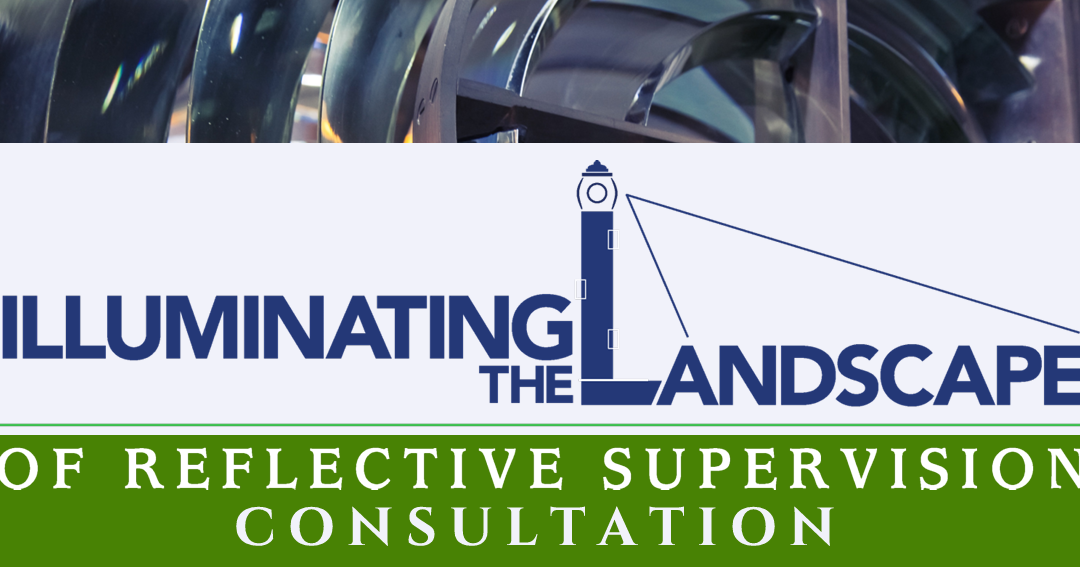by Terri Buccarelli | Apr 26, 2024 | News, Special News / Alerts
NEW! NJ-AIMH Endorsement Coordinator’s Virtual Office Hours with Carin Leiva,MS, IMH-E® NJ-AIMH Bilingual Endorsement Coordinator Every Thursday 1:00-2:00 pm Come to ask questions and learn about all things Endorsement! Find out the benefits of Endorsement and learn...

by Terri Buccarelli | Feb 8, 2024 | News
The Alliance for the Advancement of Infant Mental Health and the New Jersey Association for Infant Mental Health are excited to host the 2024 Reflective Supervision / Consultation Symposium at Montclair State University in Montclair, New Jersey. When & Where...

by Terri Buccarelli | Oct 13, 2023 | News, Resources
Many people have been asking for books to read to children to ensure representation of Jewish and Israeli families as well as Palestinian and Muslim families right now. It is important that we keep representation at the forefront of what we do and embrace humanity....
by Terri Buccarelli | Apr 22, 2022 | News
This paper focuses on reflective suprevision/consultation in the infant and early childhood mental health field. Authored by Noelle Hause, Senior Manager of IECMH Professional Development & Sara LeMoine, Senior Director, Professional Innovations Division, ZERO TO...
by Terri Buccarelli | Nov 22, 2021 | News, Resources, Special News / Alerts
We are pleased to remind you of a 5-part graphic from ZERO TO THREE! IECMH Clinical Workforce Solution Pathways was co-created by stakeholders from around the country to capture the myriad of pathways of influence and opportunity related to increasing the size,...
by Terri Buccarelli | Apr 16, 2021 | News, Special News / Alerts
NJ-AIMH is committed to supporting diversity, equity and inclusion, and the use of the Diversity-Informed Tenets for Work with Infants, Children and Families.


